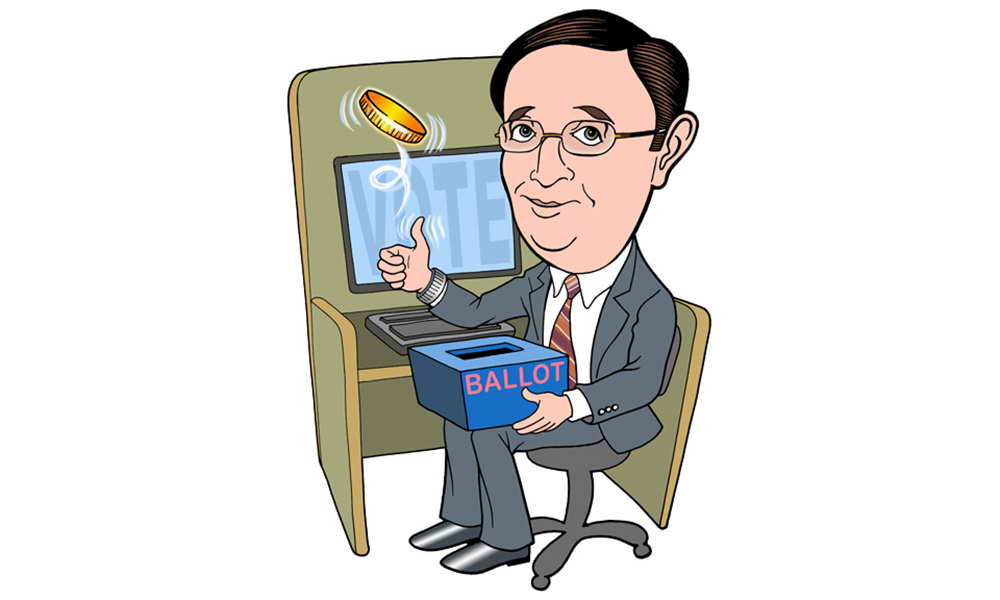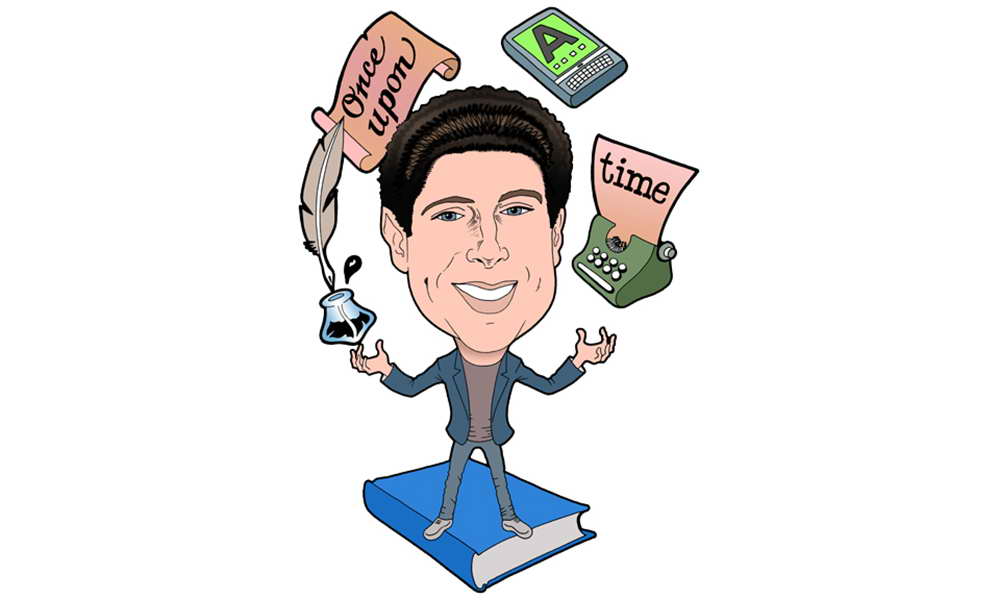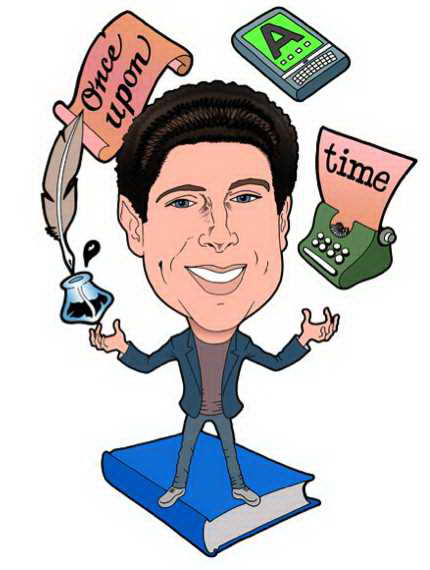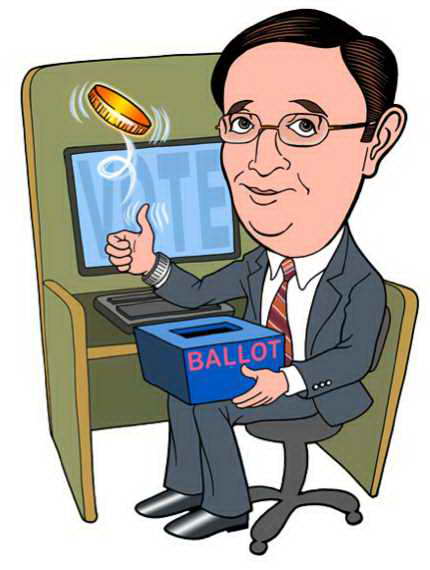The theme song for The Marist Poll’s website was composed by Joseph Mager, a Marist College student enrolled in the Fall 2009 unit of Political Communication and Politics. Joe wrote and performed Pebbles and Pundits theme song as a creative project pertaining to his coursework.
Check out our theme song and get to know its composer below.
An Interview with Joe Mager, Student Composer of Pebbles and Pundits’ Theme Song
Name: Joseph Mager
Age: 20 years old
Year of Study: Junior
From where did the idea for the Marist Poll theme song come?
I would have to say a culmination of my passion for making up lyrics on the spot, funny song writing like Adam Sandler (that actually has some purpose), and the realization that I wanted to make people understand that polling and the study of elections can be fun if you look at it from different perspectives. (A lot of my friends think everything I study is boring and dull.)
What was the process of writing like?
It really wasn’t all that difficult. Clearly I had some background on the topic after taking [Dr. Miringoff’s public opinion] class a year ago along with [the Political Communications] course. The work involved in PoliComm also gave me more time to look at how the whole of MIPO worked and allowed me to put a little twist on what was going on, in a fashionable [tasteful] manner of course.
What did you enjoy most about writing the song?
As for the song, I honestly just liked how much everyone actually liked it. I was surprised. For people who will actually listen to it, I apologize for not having pipes like Freddie Mercury.
What did you enjoy most about the Political Communications course?
As for the course, I enjoyed all of it. I enjoyed most of the projects assigned and always felt like I had to do something.
What are you currently up to?
As of today, I am actually in London studying through the Marist International Program. I’m here doing the Hansard Scholar’s Programme where I am entitled to take two POSC courses at the London School of Economics, serve an internship, and write a 10,000 word dissertation.
I am here alongside two of my colleagues who were in Political Communications with me last year. Rob Schmidt and Marissa Ryan are currently working for Members of Parliament! Very exciting indeed. As for myself, I am working for DODS Monitoring Company, in the Parliament Services Division. Basically, I follow specific Parliament activities here in the UK daily, or when I am working (Tuesday-Thursday,) and write up reports for various government agencies, parliamentarians, and stakeholders (generally charitable organizations, think-tanks, and unions.) Luckily, I am able to go into Parliament when I need to cover a select committee or house meeting, then, write up a story for the main parliamentary news site of DODS called epolitix.com. Check it out.
Aside from the curriculum and internship, there is time for fun. I have explored the majority of London along with its famous sites. A couple of weeks ago I was in Paris! Other trips are already planned for the next few weeks including Edinburgh, Scotland and Galway, Ireland (of course a trip to Dublin as well that weekend.) Future ventures will take me as far as Egypt I believe, but that will have to wait until after the dissertation!
Is there anything that you would like to add?
I just think it’s important to note that going into the office was always fun. It wasn’t like a normal job or internship where you sometimes grunt-and-groan when you have to go in. I want to thank all of the MIPO staff for always making the office feel like a second home, always willing to have fun and give advice on projects or assignments from a professional perspective. Without the experience I had last semester I don’t think I would think the same about PoliComm or Data analysis (which previously weren’t really all that interesting to me.)
Oh, and remember, if you are going to write a little song for something like this always use basic chord progressions and a rhyme scheme of ABCB, gets ‘em every time!
Cheers from London!












